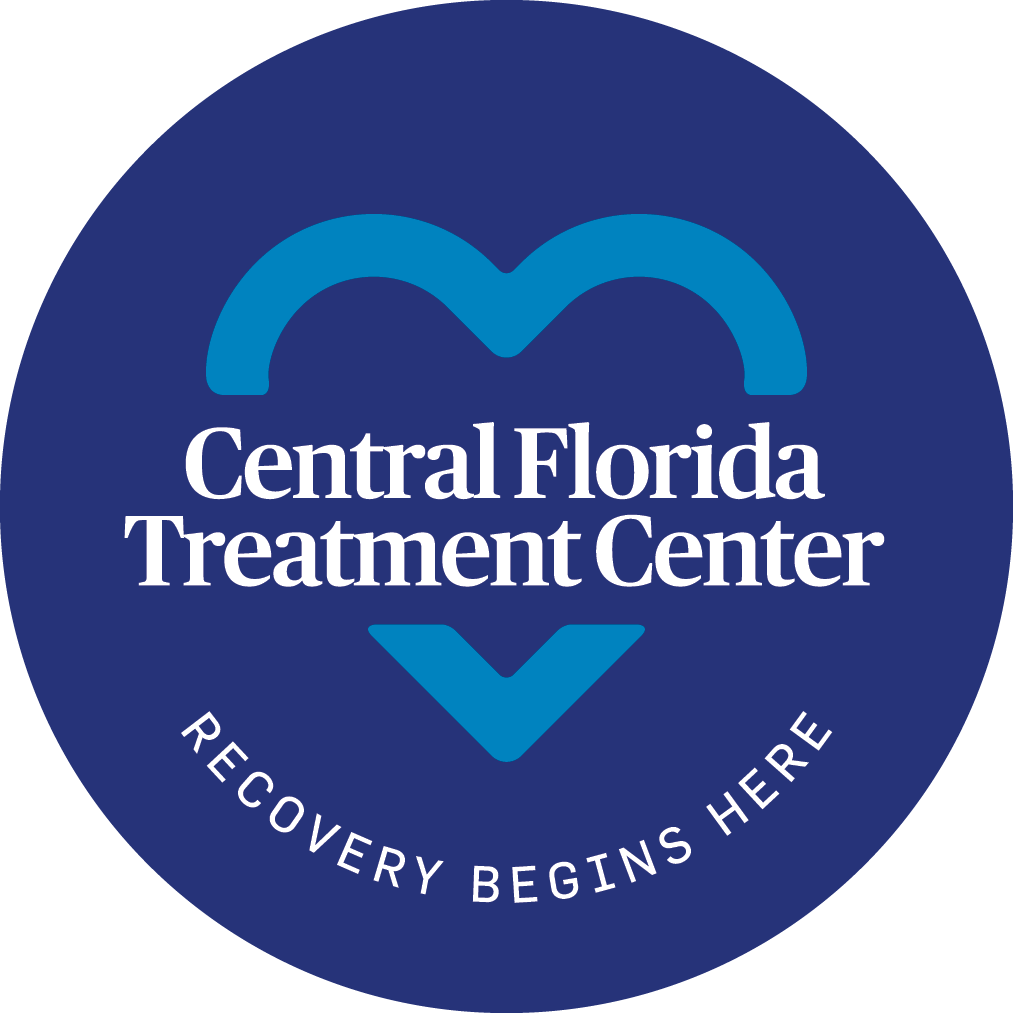What Causes Addiction

Addiction is a complicated chronic disorder that combines psychological and physiological dependency. According to the Substance Abuse and Mental Health Services Administration, in 2013 roughly 20 million Americans were in need of substance abuse treatment, but either chose not to or were unable to seek rehabilitation.
The primary cause of physiological addiction is habituation. As an individual continues to use a substance, his or her body becomes acclimated to it, requiring a larger dose to reach the desired “high”. Eventually the body actually begins to require the drug in order to prevent symptoms of withdrawal.
Signs that a person has reached the stage of addiction include: increased anxiety or depression, insomnia, night sweats, tremors and frequent headaches. While addictive drugs can affect anyone, those suffering from mental health issues are often much more likely to turn to substance abuse. The National Alliance on Mental Illness has reported that individuals with mental disorders make up over 50 percent of all addicts. This can present a serious obstacle when it comes to rehabilitation; users and their caregivers must tackle both physiological dependency and underlying psychological issues.
No matter your walk of life, addiction is extremely difficult to overcome on your own. While family and friends can offer support, they may not always have the knowledge and tools needed. If you or someone you know is looking to escape their habit, call Central Florida Treatment Centers, Inc. in Orlando 407-843-0041 to learn more about rehabilitation.
